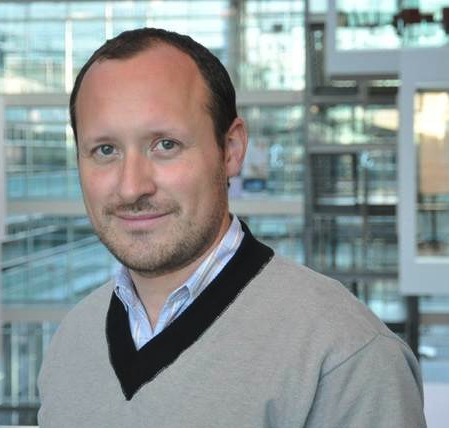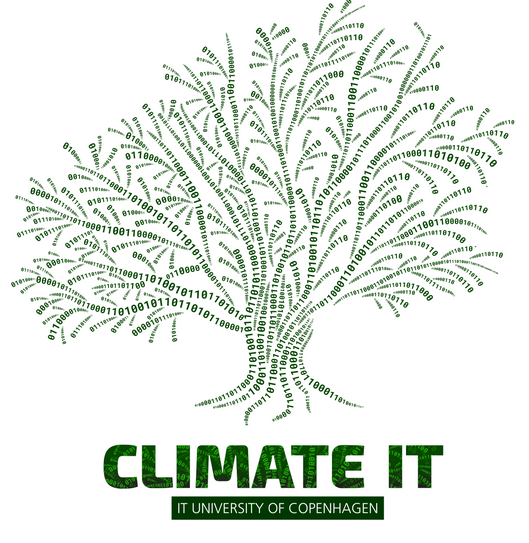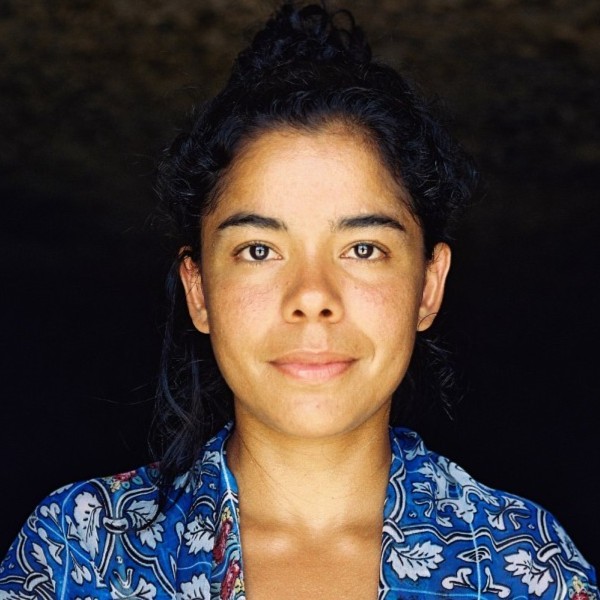New technologies open the way for new possible approaches to developing the Global South – and new methods for researching this development. A Danish anthropologist has become a professor at the IT University in Copenhagen. One of his aims is to get development researchers and tech researchers to talk to each other.
”When I think about the many ways in which technology creeps into our daily communication and other routines, the many ways it sets new standards for how everything is functioning in societies around the world, I fear that the established community of critical development researchers in Denmark hasn’t really paid enough attention to how much changes in the Global South are influenced by tech, and doesn’t consider it as important as it is.”
Professor Steffen Dalsgaard from the IT University in Copenhagen is worried that “while ICT4D and similar concepts are eagerly pursued by development practitioners, with a few exceptions I fear that the more critical Danish Development Research is falling behind in the tech-field. At least, that is the impression I get. I don’t see many initiatives in that area”.
This warning is not coming from a native hardcore technologist. Steffen Dalsgaard is actually educated as an anthropologist from Aarhus University. He arrived with an anthropologist’s perspective when he was employed by the IT University ten years ago, and so he considers himself a ”bridge-builder.”
”Building bridges between the tech-world and the development world is extremely important at this juncture”, he says.
”The danger is that we will have a group of development researchers in the future who don’t know enough about what is going on within tech-research, but also another group of tech-researchers who believe they are inventing technical fixes that can make the world a better place but without any understanding of the societies in which these fixes shall function.”
”We need to meet and talk, and at the moment we don’t have any obvious forum, any obvious network, where this conversation takes place. It’s a position that needs to be cultivated.”
As Steffen Dalsgaard sees it, technological advances play an increasingly important role for development in the Global South – and they play an increasingly important role in research into these developments as well.
”Not only social media, the internet or mobile phones, which we all know about by now, but more recent technologies such as drones, distributed ledger technologies and artificial intelligence (AI, ed.) will, in the future, be important factors in deciding which development projects are realistic and which are not. And this is just to mention the most visible technologies that grab the headlines. We also have to remember the specific software infrastructures that both enable, but also limit, certain forms of organizations, initiatives and outcomes. These new technologies will also be important tools in the methodologies of development research in the future.”
Drones in the forest
Steffen Dalsgaard is currently involved in a research project in the Amazon in Brazil supported by The Independent Research Fund Denmark, in which the possibilities of using new technologies in inventing new ways of getting value out of the forests are being explored. The project puts focus on the forests as they are – and thereby saves them from being cut down.
He mentions, as one example, the Brazilian initiative ‘Amazon 4.0’ that wants to make use of drones to transport things in and out of forests instead of building new roads that totally undermine life in the forest. The same initiative believes that biomimetic research (building materials that mimic biological processes) can lead to the invention of new and more sustainable products from the forest flora such as new fragrances for the cosmetics market, new pharmaceuticals, or new types of enzymes. The idea is that indigenous groups living in the forest should be taught to develop and make use of such new inventions without having to change their ways of life fundamentally.
”In Brazil, we have found a growing landscape of clever tech-developers who are eager to do something good for the Amazon, but they typically lack appreciation of how their technologically driven interventions will influence the lives of people who actually live in the forest and earn their living from the forests’ resources”, Steffen Dalsgaard explains.
Basically, something has become possible now which wasn’t possible before these new inventions were available. These possibilities should be explored in a far more targeted way in an effort to avoid trees being cut down. Trees are important for all of us in our fight against global warming.
”We want to avoid that people in the forest see their main interest in just selling their trees to the timber company that offers the best price”, Steffen Dalsgaard says.
A modern anthropological approach
Originally, as a young anthropologist, Steffen Dalsgaard went to Papua New Guinea (PNG), visited by quite a number of classical anthropologists in the past. He wrote his master’s thesis about the importance of craftsmanship in shaping local identity in these societies. And he wrote his PhD about the meaning of the concept of a modern state for local people when they live in a fragmented society of small villages with 800 different languages.
Today, he is using a different and more ”modern” anthropological approach in his research.
”I am no longer interested in sitting in a village for a year to observe, as many classical anthropological studies did. I look at these societies as networks with different actors, working for or against each other, but also with some common interests. A dynamic, network-oriented anthropology with a focus on the frictions between different societal groups.”
Already when he was still doing his fieldwork in PNG, Steffen Dalsgaard developed an interest in the importance of digitalization for the development of societies in the South as well as the North. He therefore applied for a postdoc-position at the IT University and one year later became associate professor in the field of ‘Social Aspects of Innovation and Digitalization.’ In 2021, he was appointed full professor in “the Anthropology of Digital Technology.”
At the moment, he and his research group are taking the first step in a large comparative study to understand how technologies are connected to attitudes towards the environment and climate in a number of different countries around the globe where the consequences of climate change are severely impacting local peoples’ lives.
”We are observing the relationship between technology and climate, not through Silicon Valley’s glasses, which a lot of people do, but through identifying the impacts of digitalization on a number of decentralized environments”, he explains.
Brazil is focused on because of the depletion of its forests. Other areas in the study include Kenya, Bangladesh, China and Iceland. Iceland is an example of a peripheral society in the Global North in which IT development plays a major role.
Steffen Dalsgaard and his colleagues are currently trying to build up the necessary research networks in these countries.
”We look at the IT-sector’s role in the creation of solutions to concrete climatic problems which these areas are facing in terms of droughts, floods and melting glaciers. How do small-scale IT-enterprises target technology-driven solutions to these specific problems?”
Researchers in these fields coming from the Global South are extremely competent. ”But still, when you cooperate between South and North, there are inequalities in relation to resources and funding which we cannot ignore”, Steffen Dalsgaard admits.
”I have been looking for ways to legitimize that we are there by finding ways to give something back – by pointing at possible constructive solutions to their problems. But remember that our current funding from the DFF and the European Research Council is primarily funding for basic research. It’s in everyone’s interest that the results of the projects will be beneficial for as many people as possible, but our main objective is to find new knowledge and publish that new knowledge for scientific communities. We want to understand the world and its current challenges better than before.”
In spite of that, the research team will prepare websites in Portuguese and Chinese in order to continuously communicate the results of their research locally in a non-academic form.








